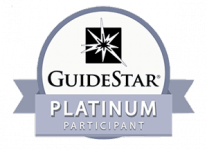WHY WASH?
Why WASH?
The UN Sustainable Development Goals call for universal access to water, sanitation, and hygiene (WASH) globally by 2030. Clean the World Foundation is taking an active role in working with the global community to make this goal achievable.
Today, more than 844 million people lack access to basic drinking water. More than 2.3 billion people lack access to basic sanitation. Millions of girls drop out of school each year because of feminine hygiene issues. And the leading cause of death for children under age five is still hygiene-related illnesses like diarrhea and pneumonia. More children die from WASH related causes than from malaria, AIDS, and tuberculosis combined.
The case for universal access to WASH is compelling. Studies have proven that access to safe drinking water can reduce childhood morbidity by 40% or more, while proper handwashing can reduce child deaths by 50% or more. School-based WASH programs can increase attendance by over 60%. And for every $1 invested in WASH programs, up to $46 is generated through increased productivity and workforce participation.
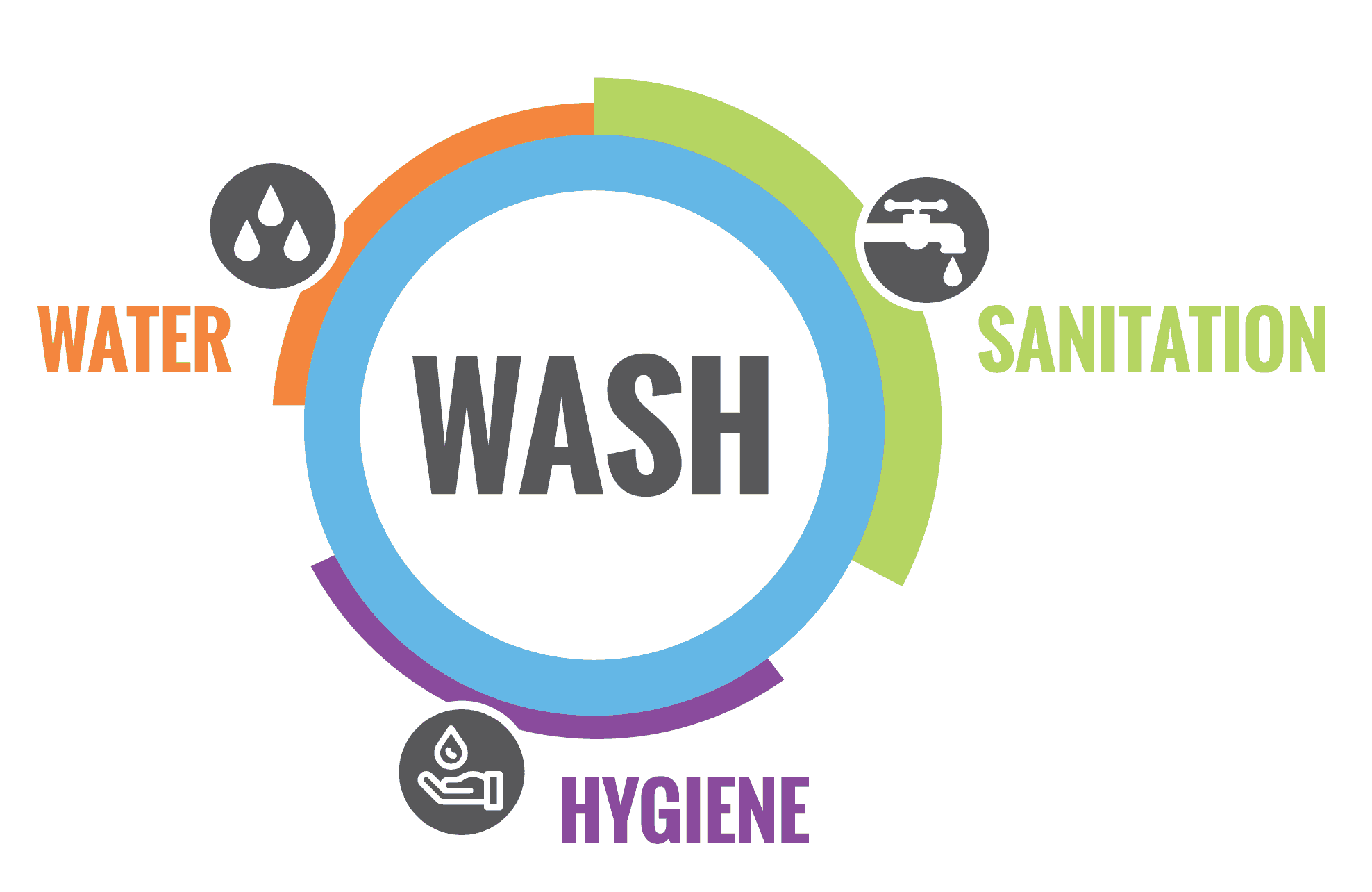
THE FACTS
Water
Sanitation
Hygiene
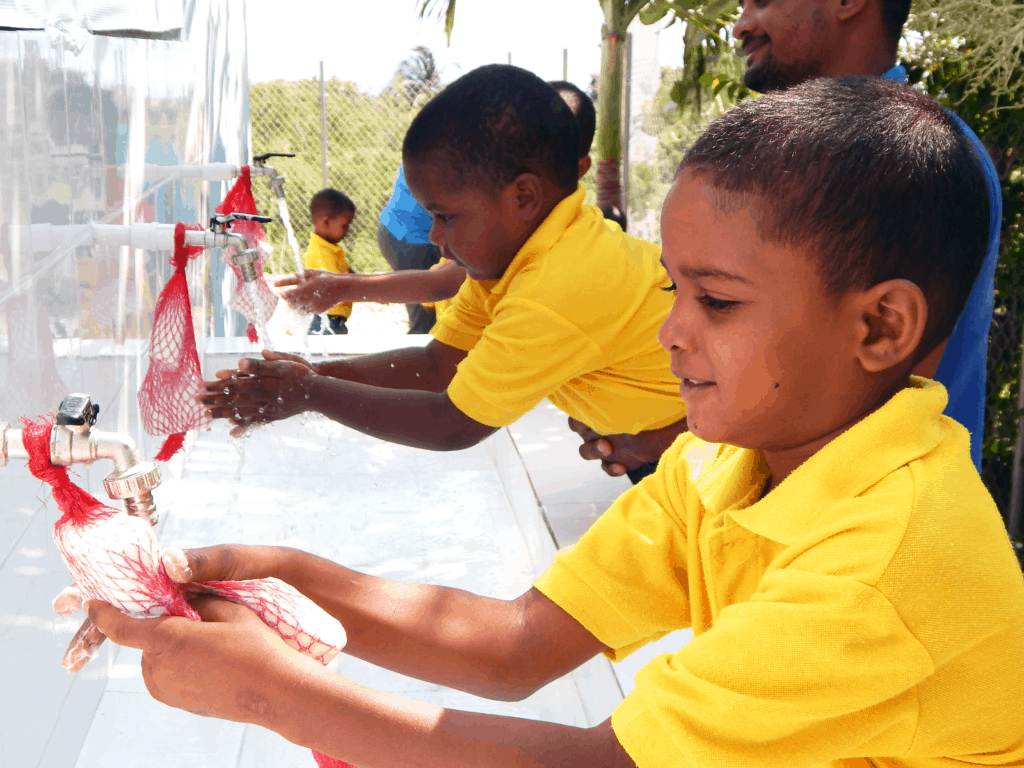
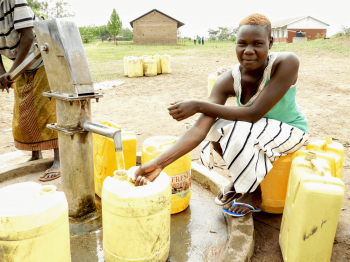
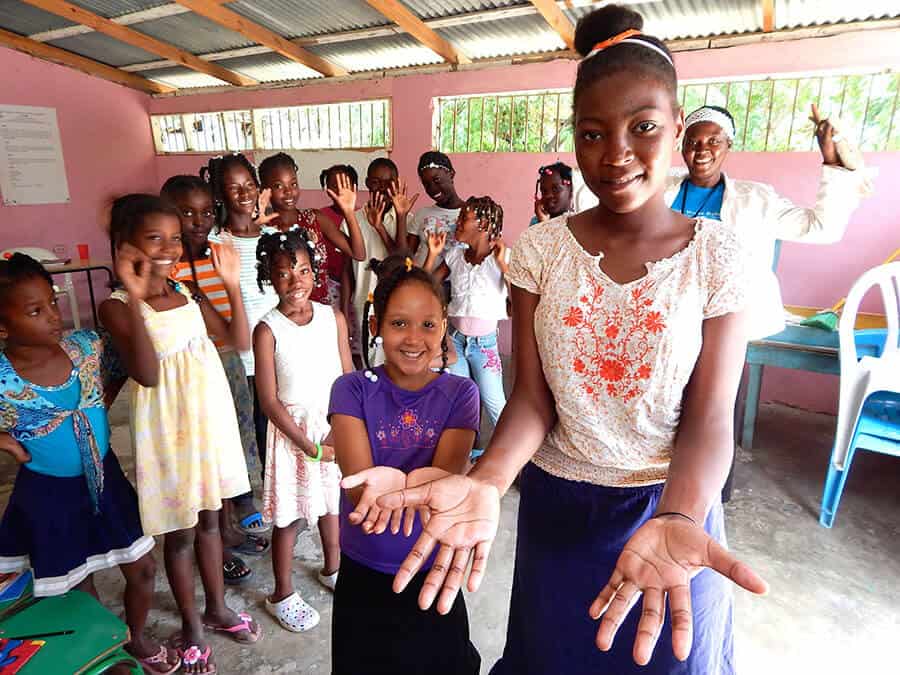
RESOURCES

